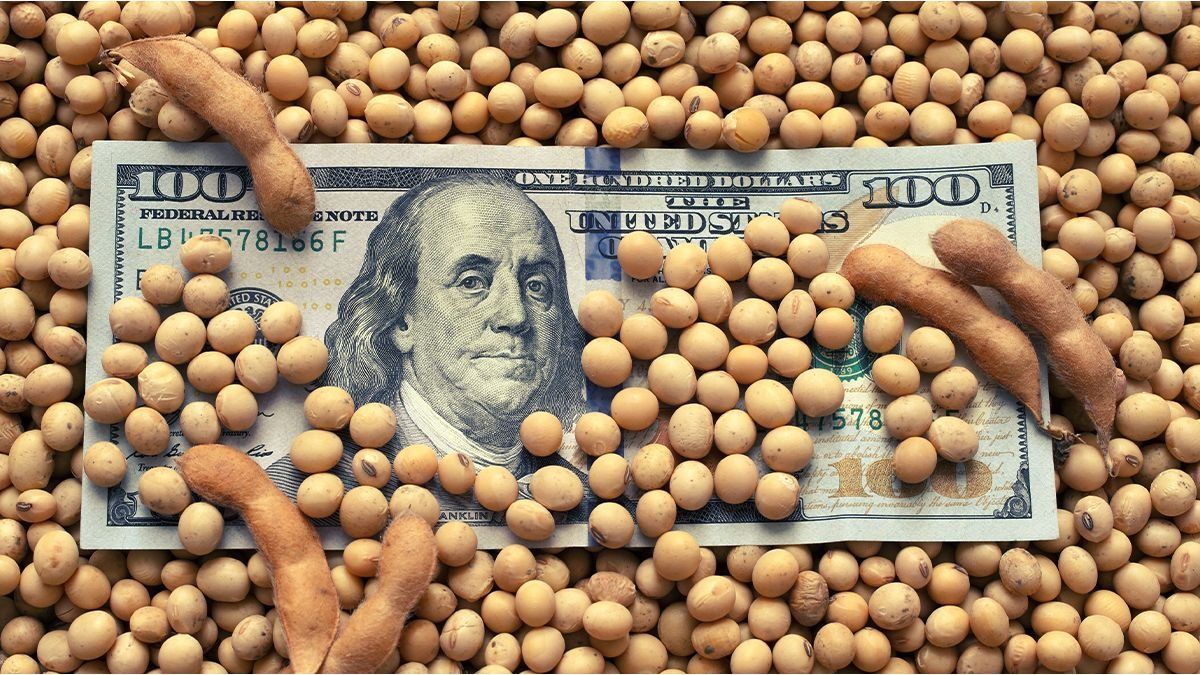The thing is that, according to analysts, in this context the producers They decided to delay the sale of grains in recent days and marketing maintained little dynamism last week, while the so-called “agricultural dollar” is passing through its last days: it is valid until next Friday.
“The producer prefers to delay decisions and keep the little grain available after the dry season, so demand is reduced. Buyers, for their part, try to place their working capital in grains, even at a loss, since this is more organic and even a smaller loss than dollarizing with financial assets,” analyzed Dante Romano, professor and researcher at the Center. of Agribusiness and Food from the Austral University.
“Everyone wants to buy, no one wants to sell, prices rise, but without business. In fact, not even the extension of the agricultural dollar and the inclusion of more products managed to awaken business,” remarked the specialist, who explained that “the expansion of the soybean dollar also included barley, sunflower and sorghum, but the remainder of these products is minor and operations are slowed down.” “In fact, soybean prices skyrocketed and this did not drive salesOn the contrary, less than a third of what was done last month is being operated,” he added.
It is that, beyond the incentive that the Government proposed for agro-exporters, the jump in the exchange rate gap ended up discouraging sales decisions on the part of producers. Added to this is that in the sector they speculate with a new devaluation of the official dollarly the proximity of the elections, with some candidates who promise the reduction and even elimination of withholdings.
On the other hand, as Romano pointed out, on the international front, the war in Israel also generates great economic uncertainty worldwide: “Prices were pushed up until there is a better idea of how the conflict will continue.. In the midst of all this, the USDA presented a supply and demand report with lower than expected yields in corn and soybeans. “Wheat, meanwhile, continues to be burdened by a very cheap and voluminous supply from Russia, although other countries such as Australia and Argentina continue to reduce production.”
Finally, another factor of concern is the climate. The thing is that, according to the analyst, “The rains do not arrive and seriously affect the wheat,” raising the expectation of lower production of early corn, since the planting date is running out without rain. “What is not planted early would be a smaller proportion of soybeans,” he estimates.
In this context, according to data from the Buenos Aires Grain Exchange, “lMarketing maintained little dynamism last weekwith an average trading volume of around 47,000 tons, in contrast to previous weeks with average volumes of 280,000 tons.”
In this way, beyond the implementation of the “soybean dollar”, some 5.6 million tons of the oilseed for the 2022/23 campaign still remain to be marketed. Which would represent foreign exchange for more than US$2.8 billion.
Impact of drought
These currencies would be key for the Government, as a bridge for the last fortnight of December, when dollars from the wheat harvest would begin to enter. In a year marked by the impact of drought.
In fact, a recent report from the Rosario Stock Exchange analyzed the impact of the drought on agriculture and how it affected the level of activity: “The Argentine GDP in the first six months of 2023 registered a drop of 1.86%, and this decrease is attributed practically entirely to the effects of the drought that has devastated the agricultural sector. The other sectors of the economy experienced growth of 1.8% in the same period, which underlines the importance of agriculture in the Argentine economy.”
“In addition, the contribution of agri-food chains to GDP in the first half of each year has reached its lowest point, with a participation of 19.6%, compared to 20.6% in 2018 and 21.3% in 2009. These years were also marked by droughts that affected grain production,” they added from the entity.
Source: Ambito




